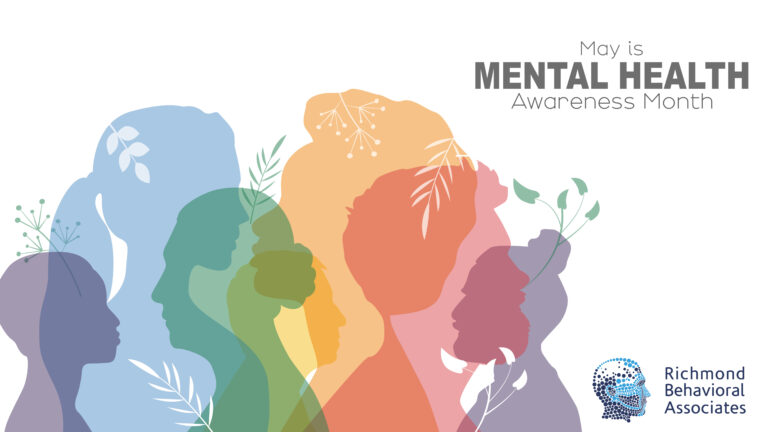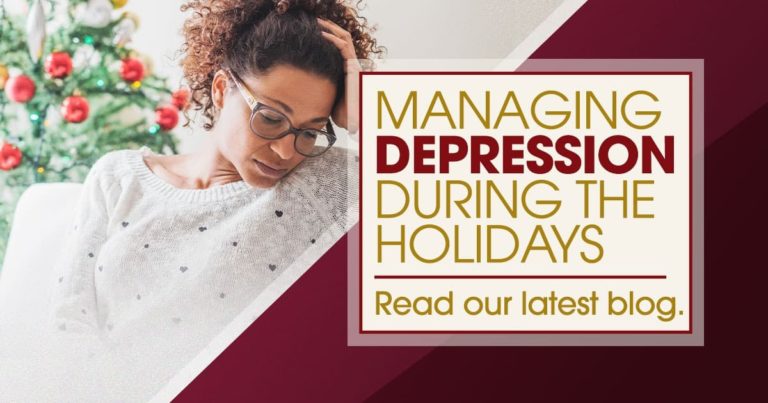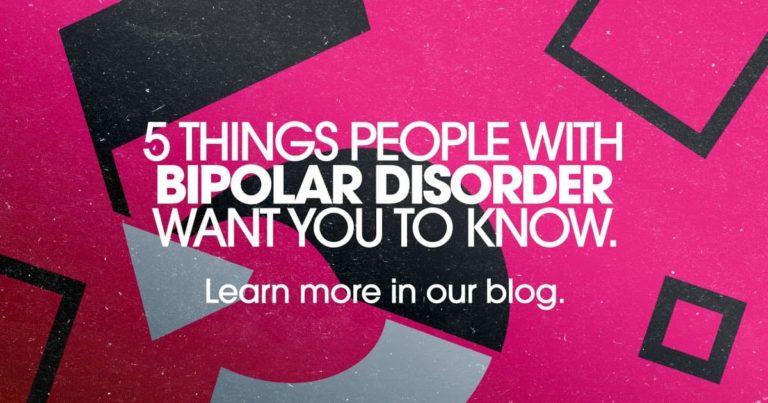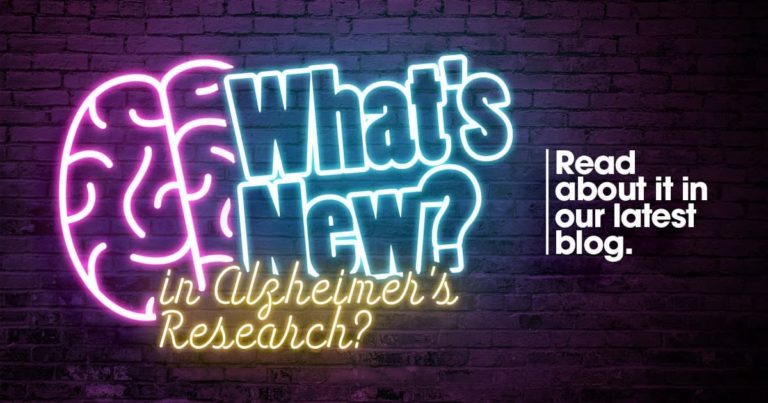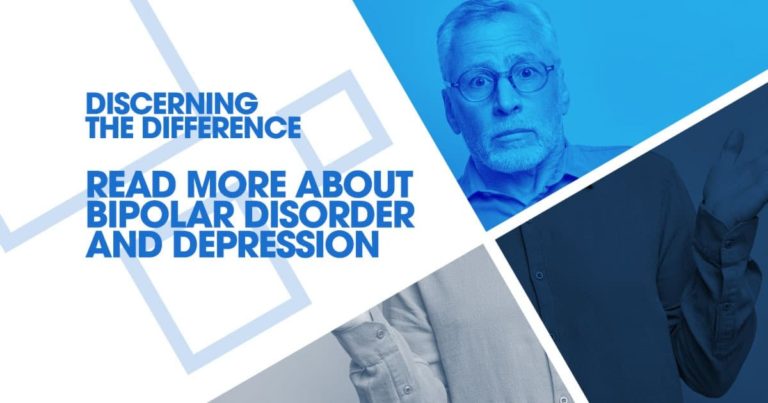Prioritizing Mental Health: A Journey to Self-Care and Awareness
May is Mental Health Awareness Month, a time dedicated to shedding light on the importance of mental well-being and encouraging open conversations about mental health. In a fast-paced and demanding world, it is crucial that we recognize the significance of caring for our mental health just as we do for our physical health. This month …


